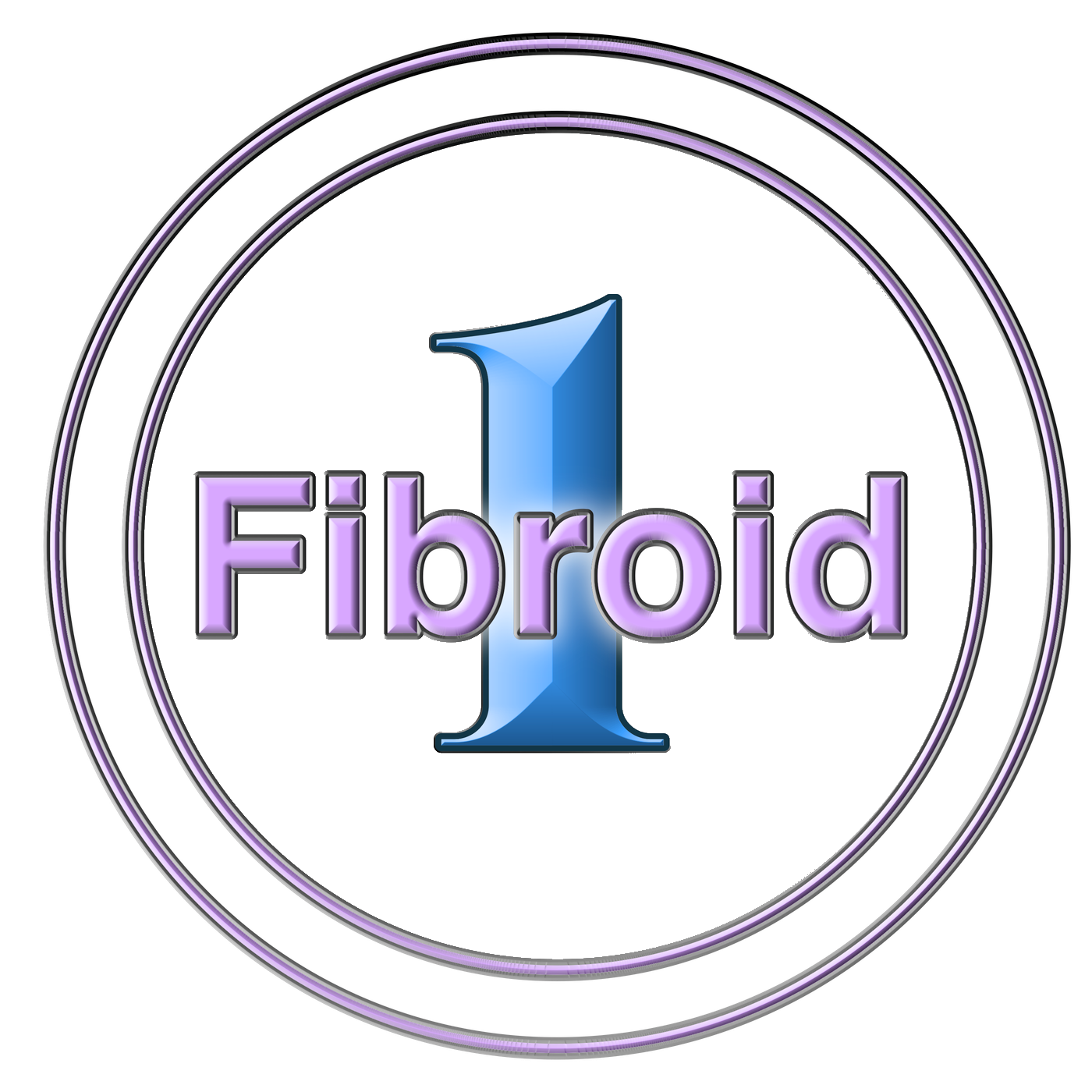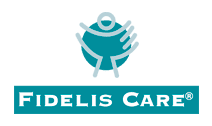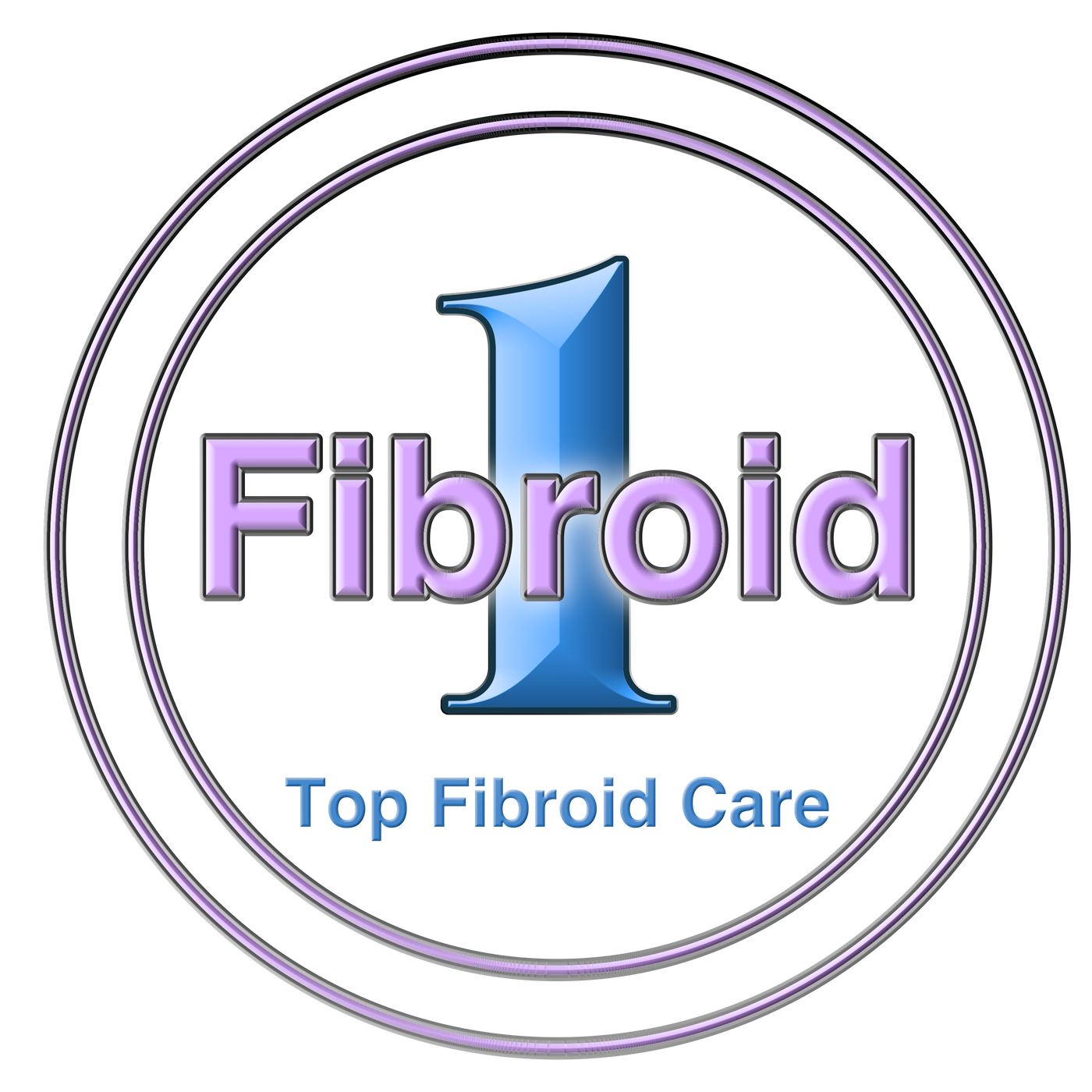Modern science has created new alternatives to treat multiple gynecological issues. Uterine fibroid embolization is a very effective minimally invasive procedure that usually takes less than an hour. This treatment is clinically proven to reduce major symptoms of uterine fibroids, and UFE has become one of the most successful alternatives to hysterectomy. Read on to discover how UFE can help you with Fibroids, Adenomyosis, and Pelvic Congestive Syndrome.
Fibroids
Fibroids are benign growths of the uterus that usually appear during the reproductive years. Uterine fibroids are not associated with an increased risk of uterine cancer and rarely develop into cancer. Fibroids range in size from tiny seedlings that are imperceptible to the naked eye to massive lumps that can distort and enlarge the uterus. You can have one or more fibroids. In extreme cases, multiple fibroids can enlarge the uterus enough to reach the rib cage and increase its weight. Many women have fibroids at some point in their lives. In fact, up to 77% of women will develop fibroids sometime during their childbearing years.
Adenomyosis
Adenomyosis is a common disease. It is most common in middle-aged women and women with children. Adenomyosis is a condition in which the lining of the uterus breaks through the muscle wall of the uterus. Severe cramps, chronic pelvic pain, lower abdominal tenderness and pressure, and persistent, heavy menstrual bleeding are symptoms that can easily interfere with daily activities. The condition can be localized to the entire uterus or one area. Although adenomyosis is considered a non-life-threatening condition, the frequent pain and heavy bleeding associated with it can affect a woman’s quality of life.
Pelvic Congestion Syndrome
Pelvic congestion syndrome or pelvic venous insufficiency is a chronic pain associated with poor pelvic venous circulation. “Chronic” means pain that lasts longer than 6 months and is not related to your menstrual cycle or pregnancy. Pelvic pain associated with PCS is often related to a venous malfunction in the ovaries and pelvis. The veins dilate and twist and fill with blood. As a result, blood can pool in your pelvis and cause pain. PCS is more common in women between the ages of 20 and 45 who have had more than one birth. Most commonly, women with PCS experience a variety of symptoms, including:
- Dull pain throughout the pelvis and lower back that gets worse during menstruation.
- Irritable bladder leading to stress incontinence.
- Irritable bowel and recurrent abdominal pain with constipation and diarrhea.
- Discomfort during and after sex.
- Vaginal and vulvar varicose veins.
- Varicose veins on the inner thigh and back of the thigh.
How Can UFE Help You Treat Fibroids, Adenomyosis, and Pelvic Congestion Syndrome?
The American College of Obstetricians and Gynecologists (ACOG) recognizes UFE as a safe and effective treatment for gynecological issues. UFE is performed by an interventional radiologist (IR). Fibroid embolization is a procedure that destroys or shrinks fibroids in the uterus. During the procedure, your doctor inserts a thin, flexible tube (catheter) into a blood vessel in your groin or arm. The doctor then sends a solution through the catheter to keep your fibroids from supplying blood to the fibroids. Unlike other procedures, this treatment preserves the uterus, requires about 1 week of recovery time, and does not require general anesthesia. UFE can significantly improve key symptoms, including pelvic pain and discomfort, heavy menstrual bleeding, and urinary problems.
If you are suffering from gynecological issues 1Fibroid Center can help you with UFE and other treatments. Our experienced Gynecology and Interventional Radiology team helps patients in Manhattan, Queens, and surrounding communities get their quality of life back. Call (212) 991-9991 to book a consultation.












